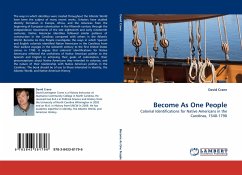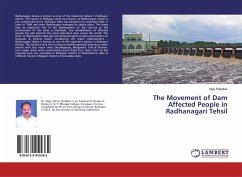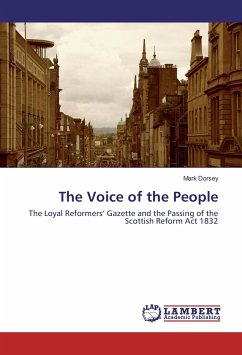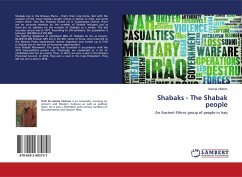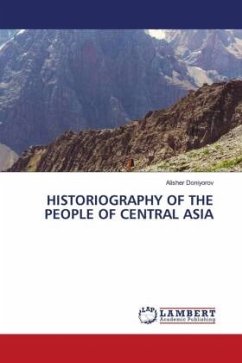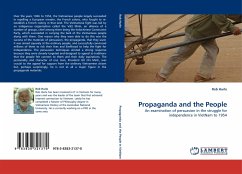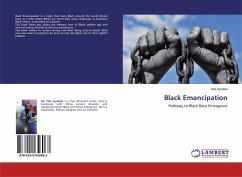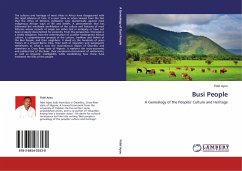The ways in which identities were created throughout the Atlantic World have been the subject of many recent works. Scholars have studied identity formation in Europe, Africa, and the Americas from the beginning of European colonization in the fifteenth century through the independence movements of the late eighteenth and early nineteenth centuries. Native American identities followed similar patterns of construction in the Carolinas compared with others in the Atlantic World. Become As One People investigates the ways in which Spanish and English colonists identified Native Americans in the Carolinas from their earliest voyages in the sixteenth century to the first United States census in 1790. It argues that colonists' identifications for Native Americans reflected the usefulness of Native American polities to the Spanish and English in achieving their goals of colonization, their preconceptions about Native Americans they intended to colonize, and the nature of their relationship with Native American polities in the Carolinas. The book should be of use to those interested in identity, the Atlantic World, and Native American History.
Bitte wählen Sie Ihr Anliegen aus.
Rechnungen
Retourenschein anfordern
Bestellstatus
Storno

